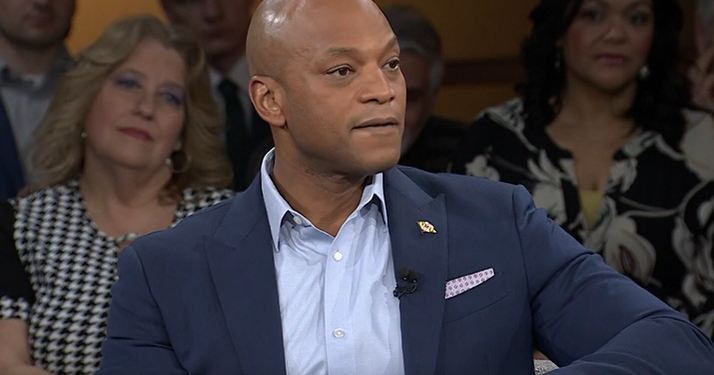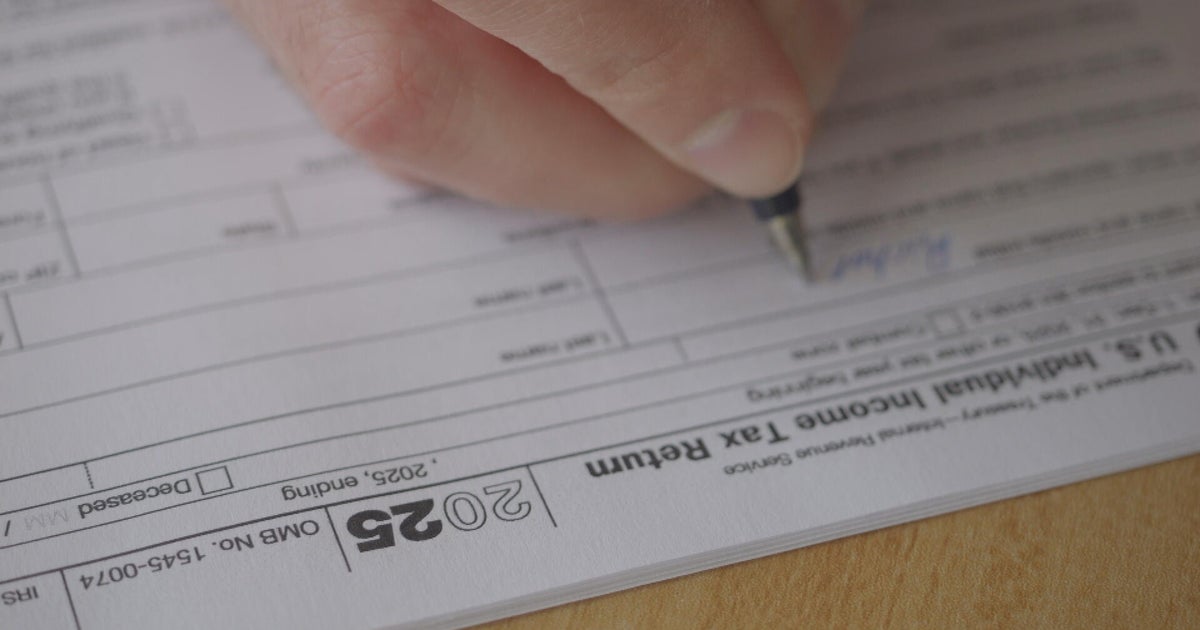Don't Make These Mistakes With Your Retirement Plans
BOSTON (CBS) - Don't Make These Mistakes With Your Retirement Plans -
- Not taking advantage of your employer's matching contribution. You have walked away from free money!
- Not contributing to your retirement plan because you don't like the choices. Even a mediocre plan is better than no plan especially if your employer matches.
- Choosing the "safest" investment, the one that appears to the most conservative without understanding that all investments have risk.
- Basing investment choices on what the "company guru" has chosen for his portfolio; with investing one size does not fit all.
- Putting all retirement assets into company stock. Not prudent to have more than 25 to 35% invested in company stock. Some experts will tell you, at the max, 10% but try to tell that to the Apple employees. The risk here is that there is no diversification. So your job and retirement are both tied to a single firm.
- Cashing out your retirement savings when you leave your job. Over 50% of plan participants take the money and spend it rather than roll it into an IRA. Let's say you have $5,000 in your retirement plan and want to take it with you, the company is required to withhold 20% if you want to take your money out. So you'll get $4,000 to spend. Oh, and when you file your taxes you will owe a 10% penalty, which will amount to $500. If you had left that money in a tax-deferred account for another 30 years and you got an 8% return, you would have had over $50,000.
- Not regularly checking account statements against pay stubs to be sure the account is being credited properly and your contributions are invested as selected.
- Choosing the most aggressive investment thinking it will produce the greatest return.
- Making choices based simply on the number of funds. If the company offers 10 funds, putting 10% into each fund.
- Making investment selections for a retirement plan without taking into account what else you own. You should be looking at your aggregate portfolio including a spouse's retirement plan as well as your personal investments.
- Trying to time the market. This often leads to employees selling low and buying high.
- Borrowing from your retirement plan. Although you are paying yourself back if you should lose your job you will be required to pay back the loan in 30 days or it is considered a withdrawal. And the reason you borrowed was because you didn't have the money. Also, you will be paying it back with after-tax dollars and when you withdraw those funds in retirement you will be taxed on them again.
....................
You can hear Dee Lee's expert financial advice on WBZ NewsRadio 1030 each weekday at 1:55 p.m., 3:55 p.m., and 7:55 p.m.
Subscribe to Dee's Money Matters newsletter here.







